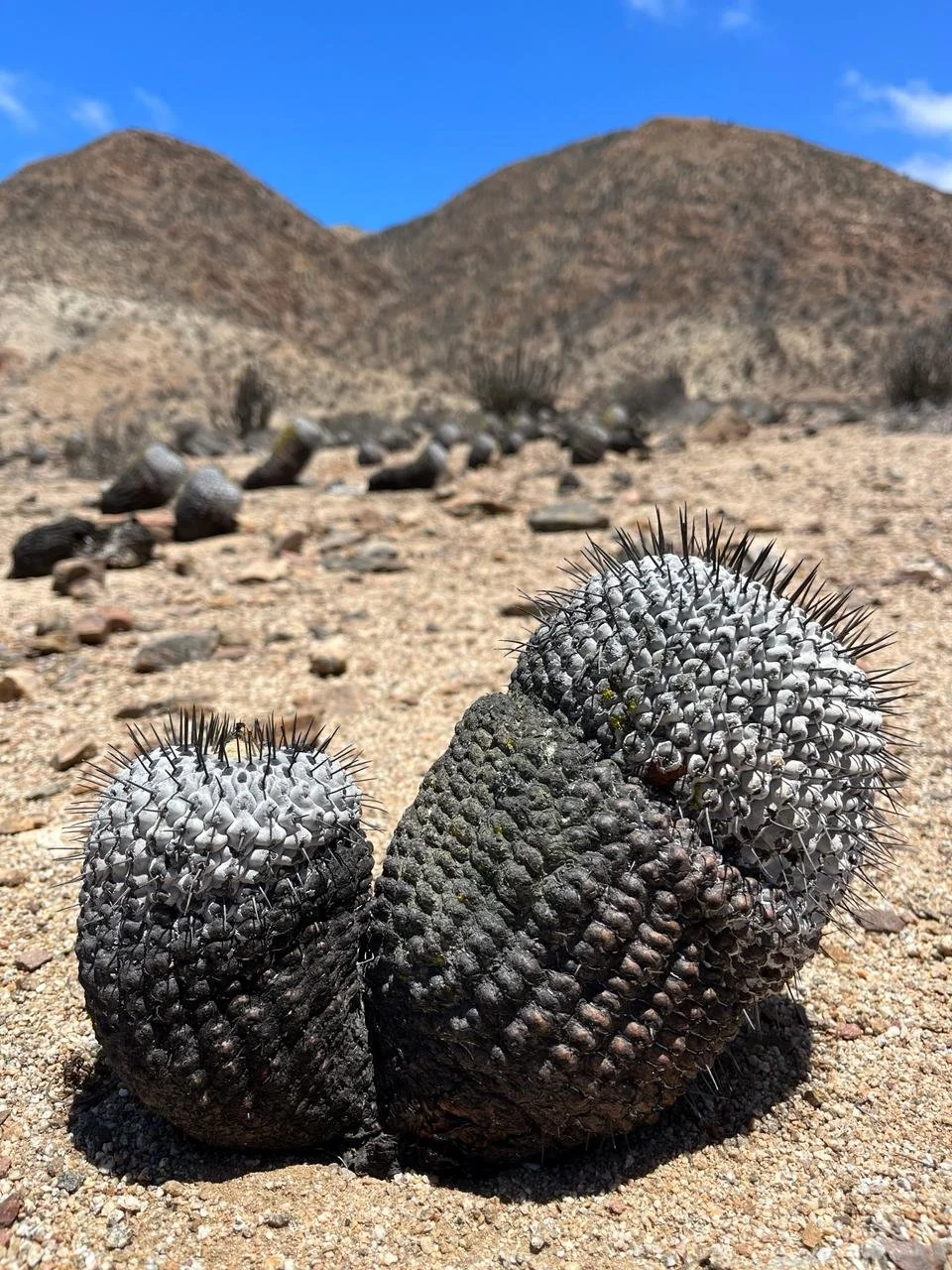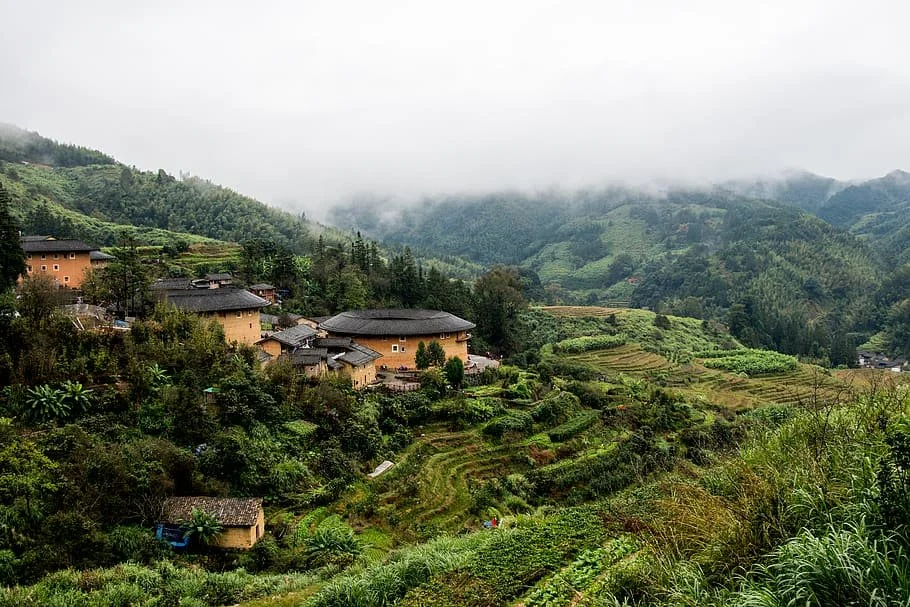Environmental liability litigation is possible in countries around the world.
From Brazil, to China to Cameroon to the Philippines, environmental liability provisions exist in national laws and regulations. Yet such legal action is virtually absent from practice in most of these countries, and the strategy has rarely been used to protect and remedy biodiversity.
However, there is an emerging body of cases—including cases we support—that provide important global examples.
If you are interested in supporting our work, supporting a specific case, bringing a case to court, or have information about a case that we could support, please contact us.
Cases supported by our Network
Indonesia: Walhi North Sumatra sues zoo for harm to biodiversity
-
In 2021, the environmental NGO, Walhi North Sumatra and the Medan Legal Aid Institute filed a lawsuit against PT. Nuansa Alam Nusantara for keeping protected species at its zoo without legal permission. The lawsuit is seeking to hold the zoo accountable for providing remedies for the environmental harm caused by illegally holding protected, threatened species. They are seeking remedies associated with:
(1) financial compensation to enable the care, rehabilitation and release of orangutans rescued from the zoo;
(2) funding to support additional patrols and scientific monitoring of the Sumatran Orangutan population;
(3) a public apology for the harm caused to society;
(4) financial support to develop educational exhibits about the illegal wildlife trade and its impact on conservation and human wellbeing.
Italy: Cactus conservation group sues illegal traders
-
In a case now spanning several years, Italian based cactus conservation group L’Associazione per la Biodiversità e la sua Conservazione (ABC) is suing illegal traders who poached threatened cacti from the Atacama Desert in Chile for sale to the succulent plant market in Europe.
We have supported ABC to join the legal action brought by Ancona's Carabinieri and Prosecutor as a civil party to sue for harm to its mission: “to promote concrete actions for the protection of biodiversity, everywhere in the world."
The recognition by the Court of Ancona of the ABC’s right to bring the claim has wide legal significance: Groups like ABC have a right to take part in criminal proceedings related to offences that harm their missions. It confirms that conservation groups can help give a powerful legal voice to nature’s rights.If successful, the defendants will have to compensate ABC for the harm to its mission – funds that will be used to protect the repatriated plants and support conservation of protected cactus species threatened by illegal trade.
The case continues.
Cameroon: Ministry of Environment and Fauna sues illegal pangolin traders
-
In 2018, Cameroon’s Ministry of Environment and Fuana brought joint criminal and civil proceedings against 5 men involved in the illegal, commercial trade of 630kg of Giant Pangolin scales. This represented approx. 210 individual animals of this Endangered species. They were held civilly liable for significant financial compensation to the State, including for the estimated cost of lost hunting permits, tax revenue, tourism income, ecosystem services, and the value of the pangolin scales and meat.
We also have a number of ongoing cases supported by our Network in addition to those shown here that we cannot post about publicly yet for safety, security and legal reasons.
We will provide updates on these cases as soon as we are able to.
Cases around the world
Thailand: Indigenous community sues mining company for river pollution
-
A lead mining company held a legal permit to establish a mining operation that started near Klity Lang Village in 1967. Over decades they illegally released waste into the Klity Creek, impacting public health and biodiversity, but neither the company nor public authorities responded to local concerns. A series of civil lawsuits were brought by Indigenous local residents, and First Instance, Appeal and Supreme Courts ruled in favor of the plaintiffs affirming their rights to live in a healthy environment, based on principles of the Thai Constitution. In 2015 and 2017, the company was ordered to compensate the affected community ($3,800,000), and also to pay for the cost of pollution cleanup to restore the river (approx. $15,000,000), collected from both the mining company and its executives.
France: Calanques National Park sues illegal fishers
-
In 2019, a French court found a group liable for the environmental harm caused by the illegal harvesting, selling and buying of fish, including protected species within Calanques National Park. The case was France’s first to demand compensation due to environmental damage caused by illegal poaching. The Court order included €450,000 in compensation for ecological harm, based on an estimate of the costs of managing and monitoring coastal protected areas per meter square. It also ordered €50,000 in compensation for the harm of impacting the park’s environmental protection mission and €50,000 in compensation to remedy harm to the Park’s brand image and reputation, which was exacerbated by media coverage of the case. The Court also ordered remedies from five restaurants that had illegally purchased wildlife, ordering €3,000 from each to compensate for harm to the protected area arising from the impairment of its environmental protection mission, and harm to its brand image and reputation. On appeal, the order was upheld but the value was reduced to €50,000 because the Court found the fishers were unable to pay the full amount.
Indonesia: Environment ministry sues company for illegal land clearing
-
In 2012, the Indonesian Ministry of Environment filed a lawsuit against PT. Kalista Alam, a palm oil agricultural company, for compensation for the environmental harm caused by a fire within the company’s plantation concession area. The court ruled that PT. Kalista Alam was liable, and ordered the defendant to pay compensation of Rp. 114,303,419,000 (US$12,202,300) for ecological harm and to conduct restoration actions estimated to cost Rp. 251,765,250,000 (US$26,876,845). One of the components in the damage claim is harm to biodiversity and loss of genetic resources. However, the total amount of money requested in this case is not based on an actual restoration plan, but rather on the default value and formula stated in Ministry of Environment and Forestry regulations. To date, this court decision has not been executed and no restoration action has thus far been conducted.
Solomon Islands: Communities sue logging company for breaching license
-
A company held a permit to undertake logging inside a forest of customary lands. However, the company breached terms of its license, notably logging inside of buffer zones, including along the Kologara River. A local resident brought a lawsuit on behalf of 3 villages in Hograno District that had been affected. In 2019, the Court ordered the company to compensate the affected communities ($240,000) and to pay for the cost of environmental restoration ($145,000).
Intl Court of Justice: Costa Rica sues Nicaragua for harm to San Juan River
-
In 2015, the International Court of Justice ruled in favour of Costa Rica in a civil case against the government of Nicaragua for transboundary environmental harm caused to the San Juan River, which forms the national border because the two countries. The court ruled that Nicaragua must compensate Costa Rica for material damage, including environmental harm, caused by the unlawful removal of trees for the excavation of canals in Costa Rica’s territory, which includes a site designated under the Ramsar Convention on Wetlands of International Importance. The compensation of USD$378,890 considered both the impairment or loss of environmental goods and services in the period prior to recovery, and payment for undertaking actions to restore the damaged environment. There is, however, still a lack of clarity on how exactly the court reached the compensation amount.
China: Selling wild meat of protected species.
-
In 2021, the Shandong Province Qingdao People's Prosecutor's Office brough a civil liability public interest lawsuit against an art appreciation center in Laoshan District, Quingdao that had been operating a food catering service. They company illegally purchased protected wildlife species to make into dishes, including 3 Bengal cobras, 1 pangolin and 4 bear paws. They were held liable for compensating the government for the loss of wildlife and related loss to ecosystem function, equivalent to $143,190. The offenders were also required to pay for the cost of scientific experts involved in the case. They were also ordered to issue a public apology in national media for the harm they had caused.
China: NGOs sue a company for illegal mining
-
The holders of a mining licence in Fujian Province undertook quarrying activities, but illegally dumped waste materials downhill causing severe damage to the local, and constructed a shed on forest land. In 2015, they were sued by two environmental civil society organizations, Friends of Nature and the Fujian Green House, under China's environmental public-interest lawsuit provision. The Courts ordered the offenders to reforest the site, and manage it for 3 years. They were also ordered to compensate the government for interim losses in ecosystem services, from the period from when the harm occurred to when it would be restored ($183,776). They were further ordered to cover the plaintiffs' legal costs ($23,876)
Thailand: Public prosecutor sues poacher of endangered species inside protected area
-
Thailand’s Public Prosecutor initiated criminal charges against five defendants - including a high-profile individual - arrested in February 2018 for hunting wildlife within Thung Yai Naresuan Wildlife Sanctuary, and having killed Critically Endangered Indochinese Leopard. In parallel, the Department of National Parks filed a civil liability suit against the offenders. The offenders were ordered to compensate the government for the environmental harm they had caused (approx. $59,000, plus interest)
States shall develop national law regarding liability and compensation for the victims of pollution and other environmental damage. States shall also cooperate in an expeditious and more determined manner to develop further international law regarding liability and compensation for adverse effects of environmental damage caused by activities within their jurisdiction or control to areas beyond their jurisdiction.
— Principle 13, UN Rio Declaration (1992)












